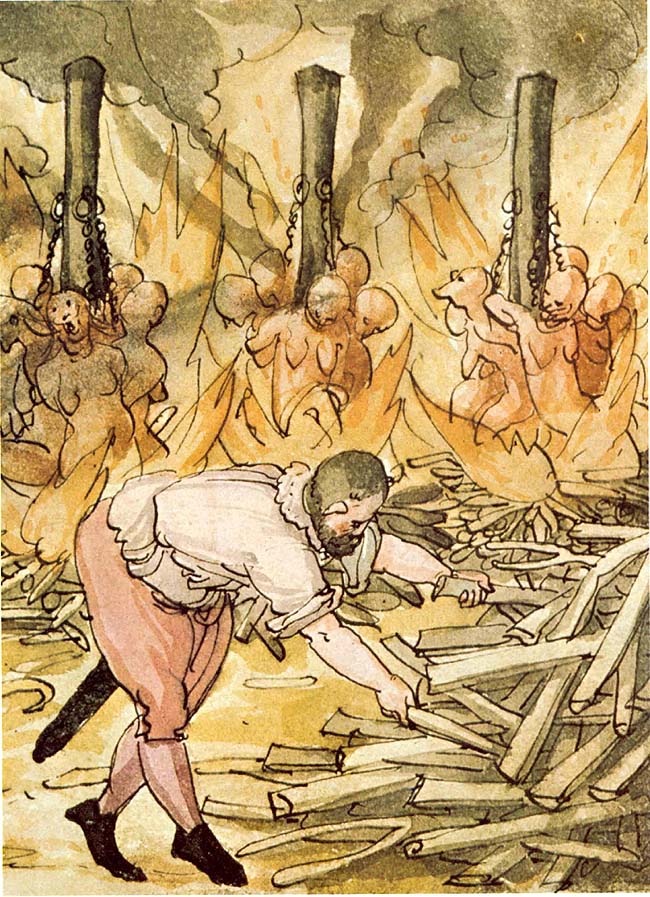
“I’m embarrassed. I’m supposed to be the man of the house, and these things don't happen to a man.”
I’ll call him James because he doesn't want his real name to be used. However, James wants his story to be told: it is a story about a woman he was living with.
“She was charming. Sexy. Everyone wanted to be friends with her. My parents loved her, but her own mother was a nightmare. I felt sorry for her.”
The escalations were small, each a little more violent. Each incident was followed by abject apology. At first, her abuse was just verbal, then it became physical. She was a mean drunk. She would put away a litre of wine and then scream, throw things and hit and kick. Once she drove her car into James.
Out of his depth, he determined to leave, but each time, piteous tears and wretched apologies reopened his heart. One day at work, for example, he found a note from her with a little cartoon that said “Every child deserves love, especially when they don't deserve it.” His heart broke for her; it would be quite a long time before he recognised manipulation.
At first, James felt he could put his own needs on hold, compensate for her terrible mother and lend her some of his strength. He soon realized that the violent escalations were too much for him: “The constant dripping of water creates a gorge.”
One day he watched a T.V. show with a woman talking about her husband’s abuse. She said he had a dead look in his eyes when he would start abusing her. Afterwards, he would promise never to do it again.
“I understood that,” said James. “A dead look would come into her eyes and I would think that this was going to be one of those nights… Like the girl on the parapet, I'm convinced a kind of self-deluding madness overtakes the perpetrator. Like in a Russian novel, they can't change their behaviour no matter how mutually destructive their actions are… The language of perpetrators indicate they're at the mercy of outside forces– this or that event 'made' them do it.”
The next time she turned physically violent, James called the police. “She was in such a rage that she took it out on the cops. They warned her that this was a warning and there would be consequences.”
James found that there was no place in domestic abuse shelters for men. He started to spend time away from home. Eventually, she departed.
Looking back on this relationship, and one with a similarly needy and violent woman in college, James said, “I felt I was bigger, tougher and could outlast the hardships. But the difficulties didn't go away and, instead, became emotional black holes. My sympathy for her turned into my own misery.”
Once, in response to an email request by a research student on assault, he answered the questionnaire but had trouble with some of the questions because they were geared to women, such as “Who was the first man who assaulted you?” When James explained that he was a man and had been assaulted by a woman, the student said “Women don’t assault men. You’ve got to be lying.”
In fact, studies estimate that about 2 in 5 victims of domestic violence are men. They are less likely to report than women and less likely to be believed.
“Does stuff that happens in childhood affect what happens later in life?” asks James. He points to his parents, who loved him but also believed in physical discipline.
Raised by a extremely strict parents, James’ mother would use a switch to punish him, which is a branch with the leaves removed. It was painful and left large welts. This history of harsh corporal punishment in childhood is strongly linked with developing relationships in later life that involve domestic violence.
To date, 53 countries have banned corporal punishment because of the lasting impacts on children. I know this is a contentious issue for many who believe in corporal punishment, however, the evidence is unequivocal.
I am deeply moved that James told his story. It is a story that shows that men can be victims of domestic violence. Men are less likely to come forward and more likely to be dismissed when they do. Let’s change that.
I’ll leave you with another story about James. He met a very intriguing woman. She was sexy, smart and funny. She swore at him a few times. He asked her never to speak to him like that. She continued. She tried to sleep with him but he had concerns, so he refused to sleep with her. When he left her after she swore at him yet again, she said “If you slept with me, you wouldn't be leaving me now.”
James said “She was right. It’s easy to get sexually besotted and then emotionally unable to walk away. Enticing as she was, I realized she wasn't going to change. I felt I had grown up just a little. It is the high passion of a woman that draws me in, but that highly charged, highly sexual passion can be a cover for a whole lot of problems.”
Yes it can.













